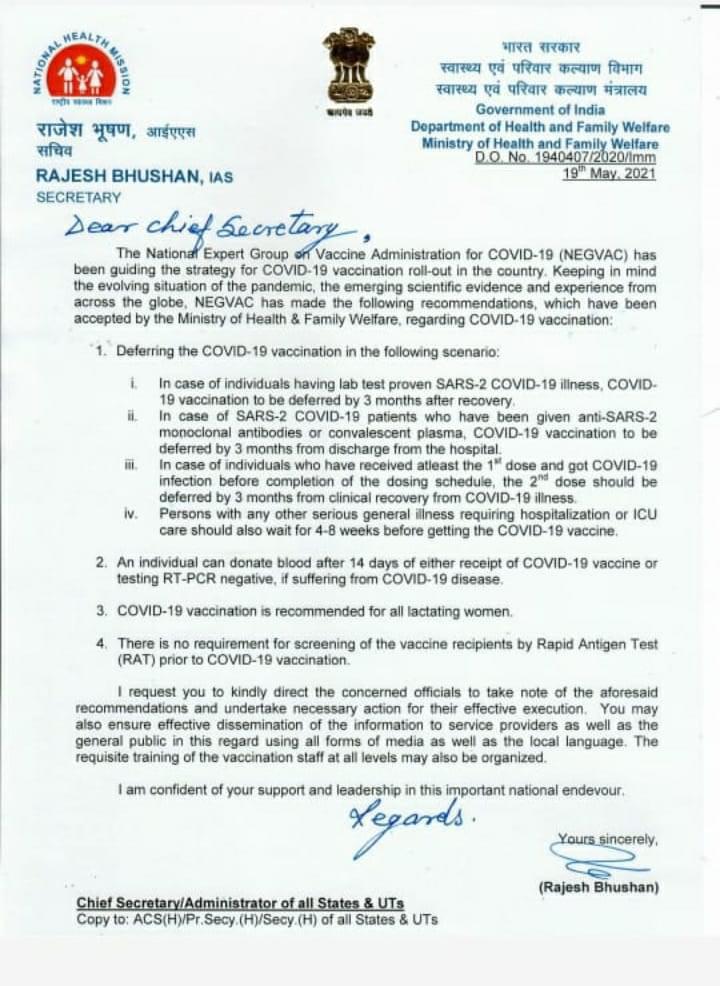In the ongoing discourse surrounding obesity, the phrase “eat less, move more” has become a simplistic and often damaging mantra. Despite mounting evidence to the contrary, this narrative perpetuates the misconception that obesity is a matter of personal choice and can be reversed solely through voluntary lifestyle changes. This prevailing view is not only misleading but also fosters a culture of bias and stigma that affects patients’ access to care and the quality of treatments they receive.
A joint consensus statement by 36 international experts, published in Nature Medicine, highlights the deep-seated stigma surrounding obesity. The statement underscores that societal assumptions about obesity undermine public health policies, confuse media messages, and hinder research advancements. These biases extend into the medical field, influencing how clinicians view and treat patients with obesity.
A systematic review and meta-analysis from Australia, which examined 27 different outcomes, revealed that healthcare professionals—including doctors, nurses, dietitians, and physiotherapists—harbor both implicit and explicit weight biases. These biases manifest in various forms, from fewer cancer screenings and less aggressive obesity management to infrequent pelvic exams for patients with obesity. A similar review from Brazil echoed these findings, calling for urgent strategies to mitigate the adverse impacts of obesity bias on clinical decision-making and patient care.
“Weight is one of those things that gets judged because it can be seen,” says Peminda Cabandugama of the Cleveland Clinic. “People just look at someone with overweight and say, ‘That person needs to eat less and exercise more.'”
The Obesity Action Coalition (OAC) defines weight bias as negative attitudes, beliefs, judgments, stereotypes, and discriminatory acts aimed at individuals because of their weight. This bias can be overt or subtle and occurs across various settings, including healthcare. The consensus statement elaborates on the manifestations of obesity bias, such as weight stigma—social devaluation and denigration of individuals due to their body weight—and weight discrimination—overt prejudice and unfair treatment.
Public health efforts often inadvertently promote stigmatization by assuming that shame will motivate individuals to lose weight. However, this approach is both ineffective and harmful, leading to increased medical risks and social stigma for individuals with obesity. They are often perceived as lazy, gluttonous, and lacking willpower, which further exacerbates their marginalization in workplaces, educational institutions, and healthcare settings.
“Obesity bias is so pervasive that the most common thing I hear when I ask a patient why they’re referred to me is ‘my doctor wants me to lose weight,'” Cabandugama says. “And the first thing I ask them is ‘what do you want to do?’ They come in because they’ve already been judged, and more often than not, in ways that come across as derogatory or punitive — like it’s their fault.”
The persistence of obesity bias can be partly attributed to inadequate education on obesity in medical schools. A recent survey found that only 10% of medical schools felt their students were very prepared to manage obesity, and one-third had no obesity education programs in place. Jaime Almandoz, MD, of UT Southwestern Medical Center, emphasizes the need to update medical curricula to reflect current science and reduce weight bias among healthcare providers.
To combat obesity bias, clinicians should adopt a respectful and empathetic approach when discussing weight with patients. This includes asking for permission to discuss weight, framing weight in the context of health, and creating a supportive environment in healthcare settings. The OAC suggests practical steps for reducing weight bias, such as providing weight-friendly facilities and encouraging patients to share their experiences of stigma.
Addressing weight bias within the healthcare community requires honest self-examination and a commitment to empathy and understanding. By recognizing and mitigating their biases, healthcare providers can improve the quality of care for patients with obesity and foster a more inclusive and supportive healthcare environment.
Dr. Akshay Minhas is an Assistant Professor in the Department of Community Medicine at DR RPGMC Tanda, Kangra, Himachal Pradesh, with a keen interest in epidemiology, artificial intelligence, GIS, tuberculosis, hypertension, and COPD.











